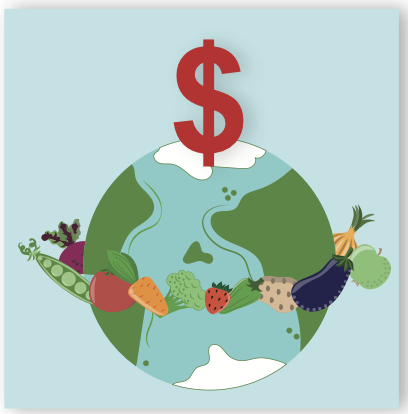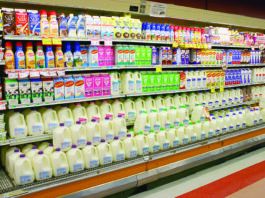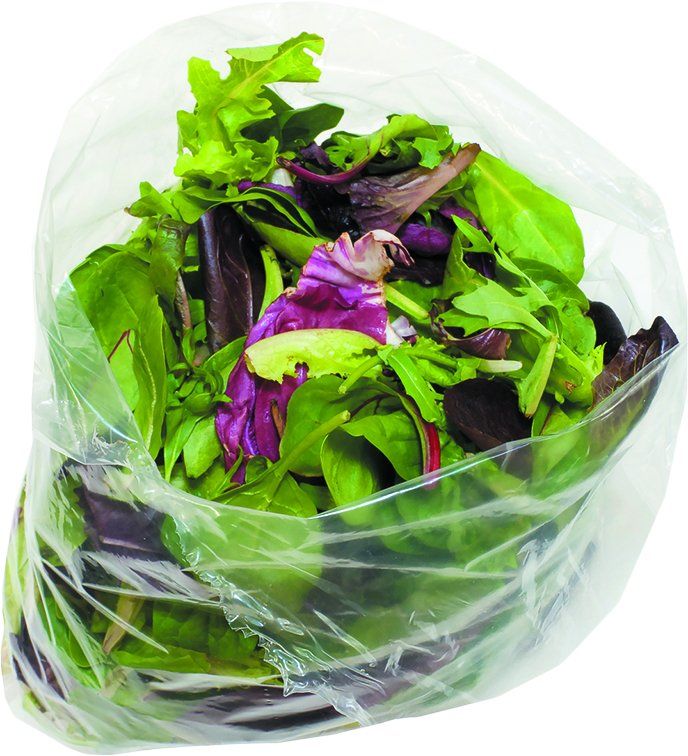Sleep Apnea May Slow Weight Loss
In a one-year weight loss trial based on dietary counseling, 175 obese adults with metabolic syndrome and at high risk for obstructive sleep apnea lost less weight and were 70% less likely to lose at least 5% of their weight, compared to those at low sleep apnea risk (assessed by a standard screening survey). Sleep apnea causes shallow breathing or breathing pauses during sleep.
Exercising with Chronic Disease
Self-reported physical activity rates tend to decrease with age, especially in people with chronic disease, according to a recent CDC telephone survey of randomly-selected U.S. adults age 50 and older.
Sniffing Out Alzheimers Disease
A decade or more before memory-related symptoms of Alzheimers disease (AD) appear, disordered processes are underway in the brain - including changes that may affect sense of smell. In a study published in Annals of Neurology, researchers gave 183 community-living older adults cognitive tests to assess brain function, followed by tests of their ability to recognize and remember familiar odors, such as leather, menthol and grape.
Is Bagged Salad as Safe as You Think?
Bags of lettuce and spinach may not be as pristine as they seem. British scientists found that during 5 days of refrigeration, traces of nutrient-rich juice released from crushed leaves in bags of salad greens nourished Salmonella bacteria and increased its growth by up to 280-fold compared to sterile water. The juices also enhanced the bacterias ability to attach to the sides of the plastic bags, as well as to the leaves, as reported in Applied and Environmental Microbiology.
Grapefruit No Miracle for Weight Loss
Grapefruit as a weight loss wonder is a bit of an urban legend, and scientific evidence to support it is scarce. A recent systematic review on the topic included three moderate-quality clinical trials with a total of 250 obese men and women.
Get Ready to Use Calorie Labeling on Menus
Mandatory calorie labeling of menu items at chain restaurants (with at least 20 locations) goes into effect nationally in May 2017, and you're likely seeing some of this labeling now.
Take Frequent Breaks from Sitting
For every 30 minutes you spend in sedentary activity, such as watching TV or doing computer work, take a break for 3 to 5 minutes to do light activity, say new physical activity guidelines from the American Diabetes Association published in Diabetes Care.
The Benefits of Oats
You've probably heard oats helps lower cholesterol, which is due to their beta-glucan soluble fiber that makes oatmeal sticky. A new British Journal of Nutrition review of 58 clinical trials on oats that involved 3,974 people across the globe expands the role of oatmeal in reducing cardiovascular risk.
Sugary Soda Health Risks: Downplayed by Industry-Funded Research?
According to a recent analysis, 97% of studies that were independently funded (not sponsored by beverage makers) have reported that drinking sugary sodas is linked with obesity and diabetes.
Questioning Cranberry for Urinary Tract Infections
Cranberry juice is touted for fending off urinary tract infections (UTIs), typically signaled by frequent, burning urination. However, results from clinical trials have been inconsistent. A new study published in JAMA failed to find a benefit.



























